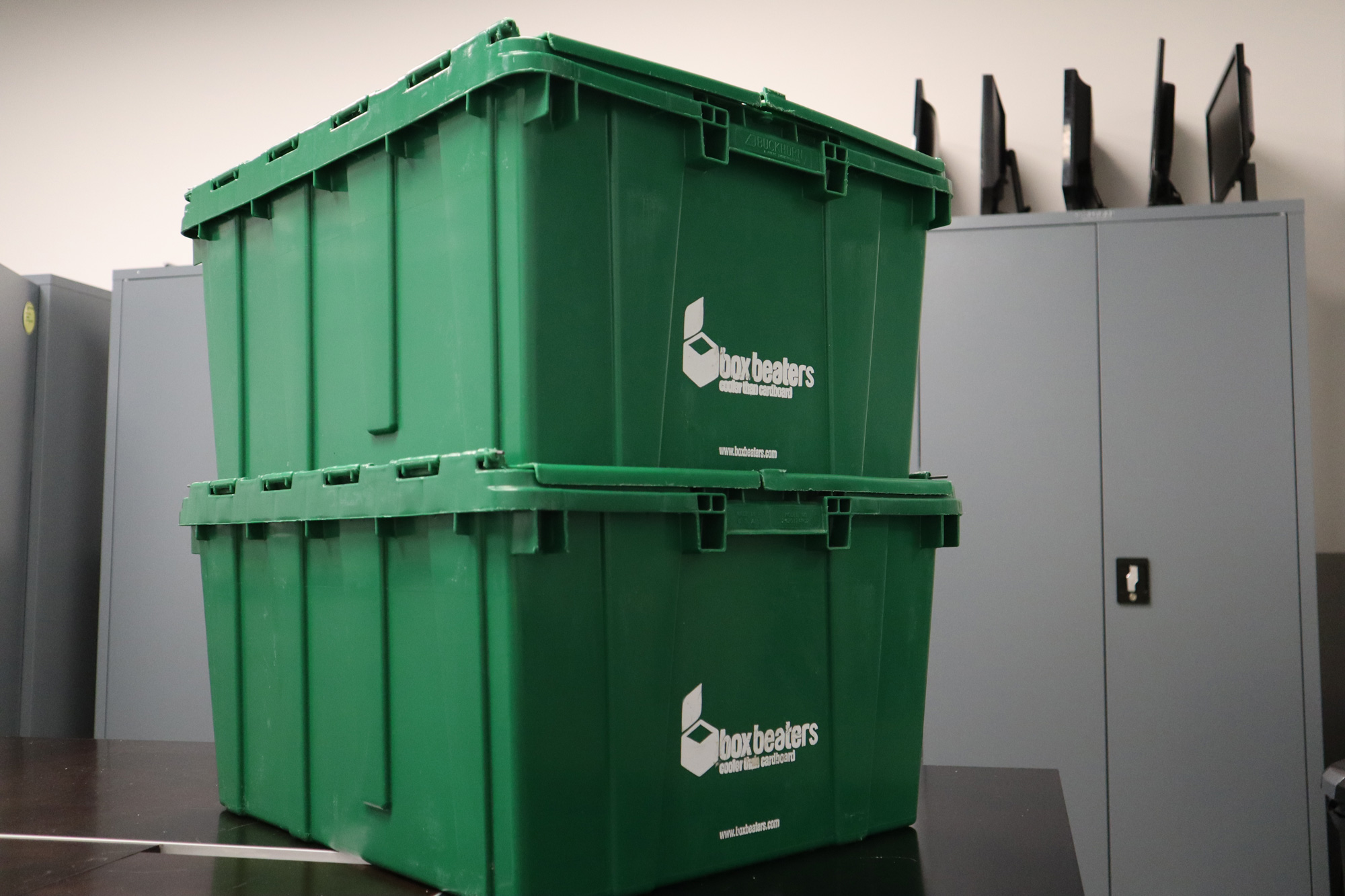
In recent years, the food industry has seen a significant shift towards more sustainable and efficient practices. One of the key players in this transformation has been the adoption of plastic packing crates. These versatile containers are revolutionizing the way food is transported, stored, and displayed, ultimately leading to a more streamlined and environmentally friendly supply chain. Let's explore how plastic packing crates are reshaping the food industry for the better.
The Rise of Plastic Packing Crates
Plastic packing crates have become increasingly popular in the food industry due to their numerous advantages over traditional packaging materials. These crates are made from durable, lightweight plastic that is easy to clean and sanitize, making them ideal for transporting food safely and hygienically. Additionally, their stackable design allows for efficient use of storage space, reducing the need for excess packaging materials.
Advantages of Plastic Packing Crates
- Durable and long-lasting
- Easy to clean and sanitize
- Stackable design for efficient storage
- Environmentally friendly alternative to disposable packaging
Applications in the Food Industry
Plastic packing crates are used across various sectors of the food industry, from farms and warehouses to grocery stores and restaurants. These crates play a crucial role in ensuring the freshness and quality of food products throughout the supply chain. They are commonly used for transporting fruits, vegetables, meats, and dairy products, among other perishable items.
Benefits for Farmers and Producers
For farmers and food producers, plastic packing crates offer a range of benefits that contribute to operational efficiency and cost savings. By investing in reusable crates, producers can reduce their reliance on single-use packaging materials, ultimately lowering their environmental impact. The durability of plastic crates also means less product damage during transportation, leading to higher yields and less food waste.
Cost Savings
- Reduction in packaging costs
- Less product damage and waste
- Long-term investment in reusable containers
Environmental Impact
- Less reliance on single-use packaging
- Reduced carbon footprint
- Promotion of sustainable practices
Efficiency in Distribution and Retail
Plastic packing crates also bring significant advantages to food distributors and retailers by streamlining the supply chain and improving logistics. The stackable nature of these crates allows for more efficient loading and unloading processes, saving time and labor costs. Additionally, their uniform size and shape make storage and display easier, enhancing the overall shopping experience for consumers.
Logistical Benefits
- Efficient loading and unloading processes
- Reduced labor costs
- Improved inventory management
Consumer Appeal
- Neat and organized display of products
- Enhanced shopping experience
- Increased product visibility and accessibility
Sustainability and Innovation
As the food industry continues to prioritize sustainability and environmental stewardship, the adoption of plastic packing crates represents a step in the right direction. These crates offer a reusable and recyclable alternative to traditional packaging materials, reducing the industry's overall carbon footprint. Furthermore, ongoing advancements in crate design and materials are leading to even more eco-friendly solutions for the future.
Environmental Responsibility
- Reusable and recyclable packaging option
- Contribution to reducing food waste
- Promotion of circular economy practices
Ongoing Innovation
- Development of eco-friendly materials
- Enhancements in crate design for efficiency
- Integration of technology for tracking and monitoring
Conclusion
From farm to table, plastic packing crates are reshaping the food industry by promoting sustainability, efficiency, and innovation. Their versatility and functionality make them an essential component of the modern supply chain, benefiting farmers, producers, distributors, retailers, and consumers alike. As the industry continues to evolve, plastic packing crates will play a key role in driving positive change and shaping the future of food production and distribution.